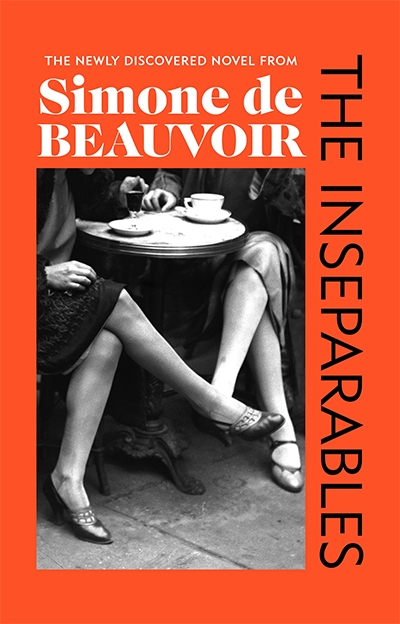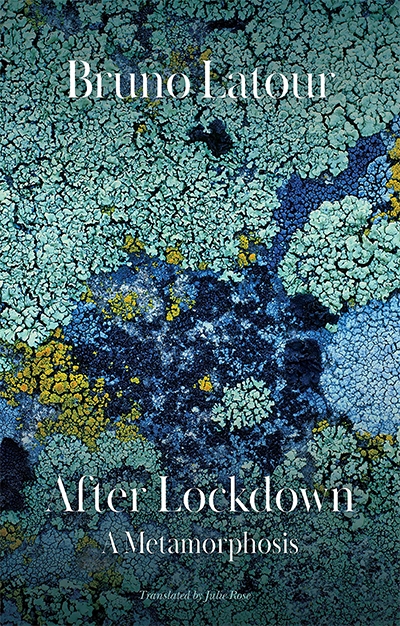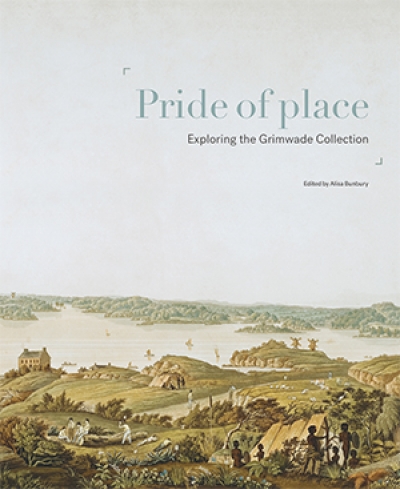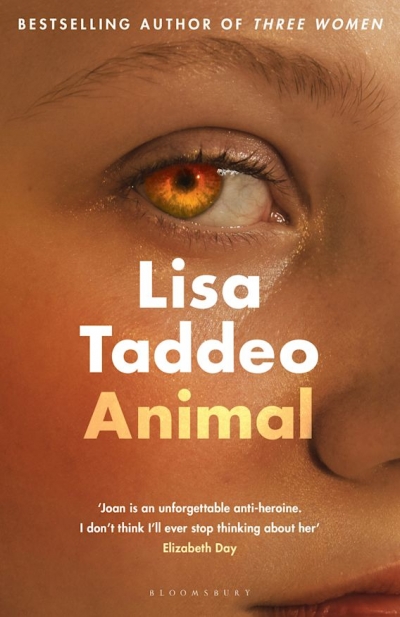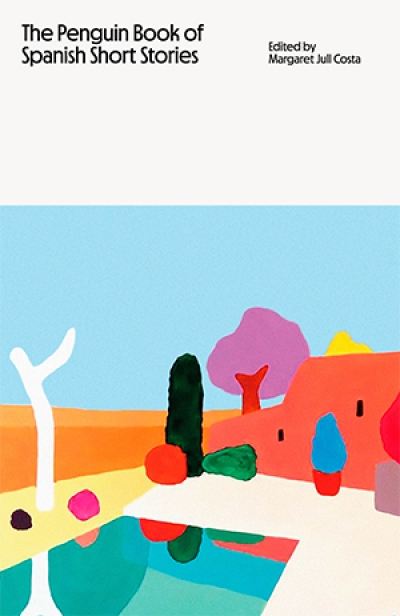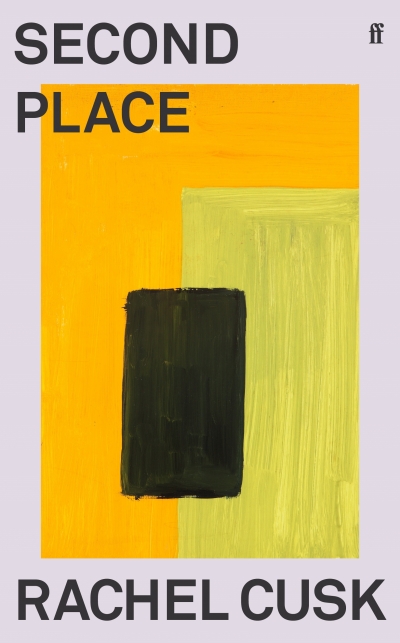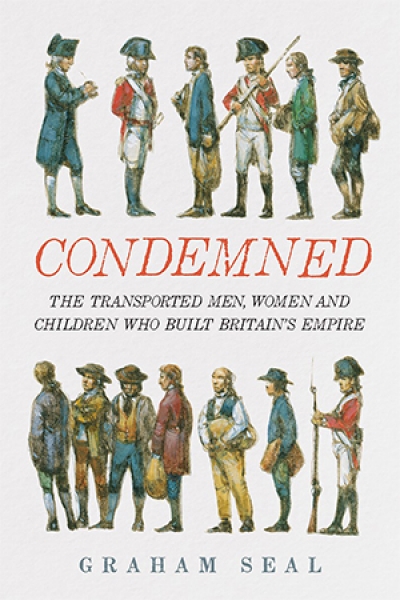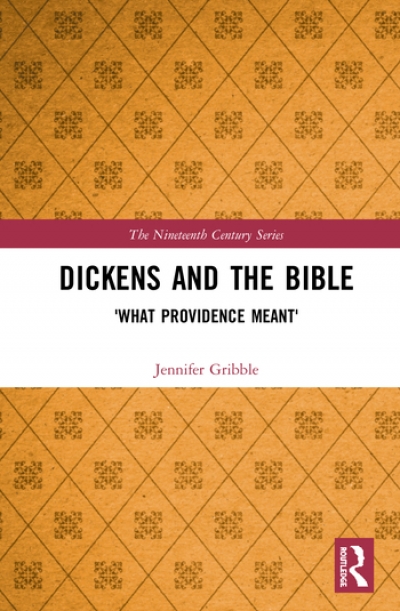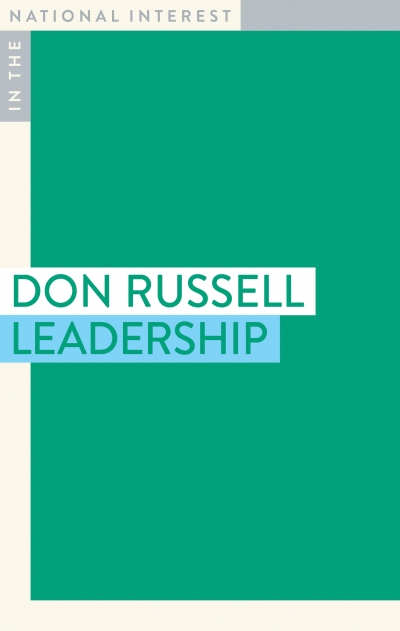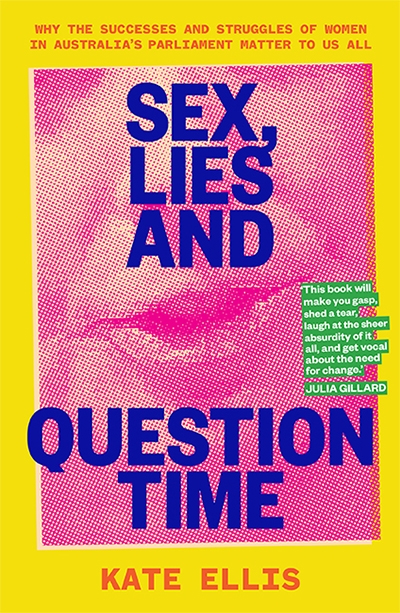Monash contributor
The Inseparables by Simone de Beauvoir, translated by Lauren Elkin
by David Jack •
After Lockdown: A metamorphosis by Bruno Latour, translated by Julie Rose
by Paul Muldoon •
Pride of Place: Exploring the Grimwade Collection edited by Alisa Bunbury
by John Arnold •
The Penguin Book of Spanish Short Stories edited by Margaret Jull Costa
by Alice Whitmore •
Condemned: The transported men, women and children who built Britain’s empire by Graham Seal
by Seumas Spark •
Dickens and the Bible: ‘What providence meant’ by Jennifer Gribble
by Alan Dilnot •
Leadership by Don Russell & A Decade of Drift by Martin Parkinson
by James Walter •

